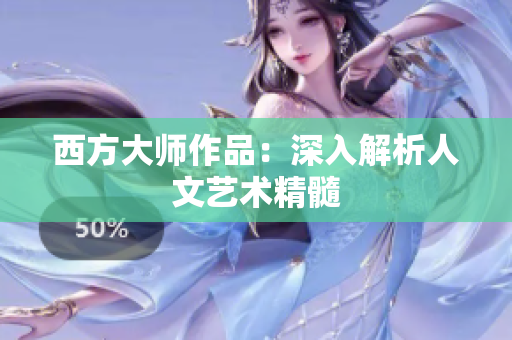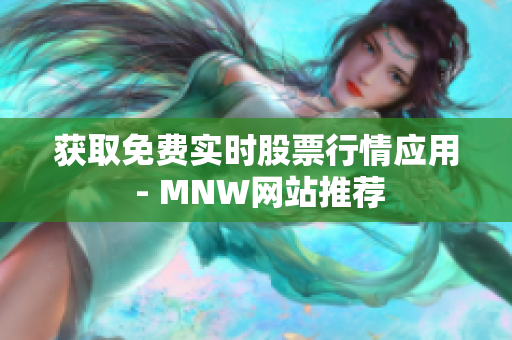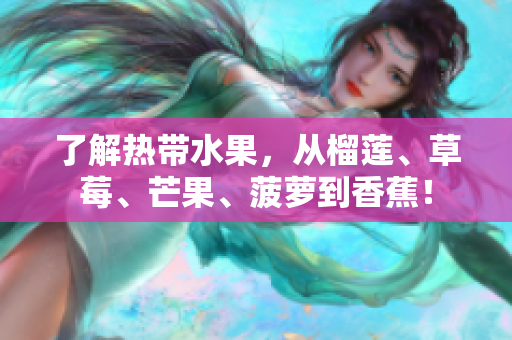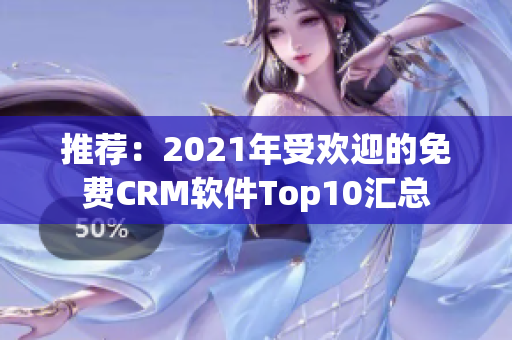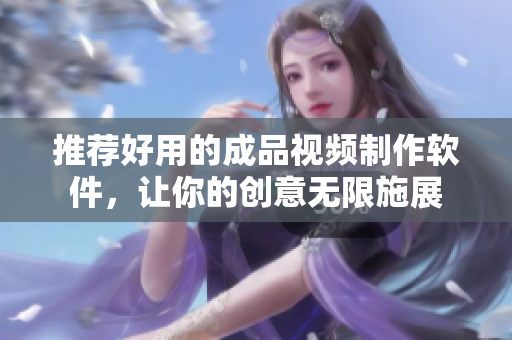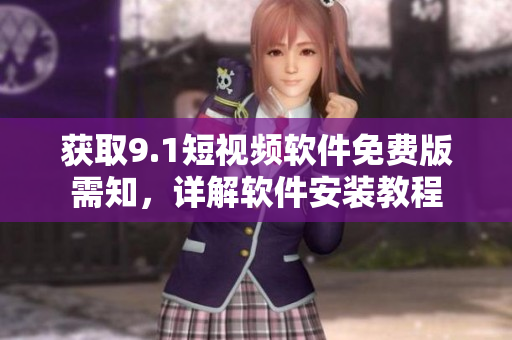Introduction
Western civilization has a rich history of producing some of the most compelling works of art and literature in human history. From the intricate frescoes of the Sistine Chapel to the grandeur of Shakespeare's plays, these works continue to inspire and captivate audiences across the globe. Meanwhile, the development of cutting-edge technology like 5G networks is reshaping the way we interact with the world around us. In this article, we'll explore the intersection of these two worlds and examine how they are shaping our cultural landscape.
5G and the Future of Art
5G technology promises to revolutionize the way we consume art and entertainment. With lightning-fast download speeds and low latency, we'll be able to stream high-quality films and television shows without interruption. This will open up new opportunities for filmmakers and artists, who will be able to experiment with new forms of storytelling and engage with audiences across the globe. Meanwhile, virtual and augmented reality technologies will allow us to experience art in new and exciting ways, from immersive museum exhibits to interactive performances.
The Beauty of Western Art
Western art has a long and storied tradition that dates back centuries. From the stunning sculptures of ancient Greece to the intricate mosaics of the Byzantine Empire, Western art has evolved and adapted over time to reflect the changing cultures and perspectives of the people who create it. Today, we can appreciate the majesty of the great cathedrals of Europe, the skill of the Renaissance masters, and the passion of modern artists who continue to push the boundaries of traditional art forms.
Educational Opportunities for Students
As an English teacher, I have seen firsthand the transformative power of literature and art in the lives of young students. By exposing them to great works of literature and art, we can broaden their horizons and foster a lifelong love of learning. However, providing these educational opportunities can be a challenge, particularly in areas with limited resources. One solution is to leverage the power of technology, such as 5G networks and online resources, to bring these works of art and literature to students who might not otherwise have access to them. By doing so, we can help to level the playing field and give all students an equal opportunity to explore the beauty and depth of Western civilization.
The Importance of Ethics in Gaming
Gaming has become an increasingly popular form of entertainment in recent years, with millions of people playing online games across the globe. However, this popularity has also raised concerns about the impact of gaming on young people and its potential to encourage harmful behaviors. One issue that has received particular attention is the use of in-game purchases, where players can spend real money to acquire virtual items or currency. Some players have become addicted to these purchases, leading to financial problems and other issues. As such, it is important for game developers to adopt ethical practices and ensure that their games do not exploit vulnerable individuals.
The Global Impact of COVID-19 on Education
The COVID-19 pandemic has had a profound impact on education systems around the world. With schools closed and students forced to learn from home, many have struggled to adapt to the new reality. In Southeast Asia, this has been particularly challenging, as limited resources and infrastructure have made virtual learning difficult. However, there are also opportunities within this crisis. By leveraging 5G technology and other resources, educators can provide innovative solutions that improve access to education for all students, regardless of their location or economic background. This could include online resources, teacher training programs, and other initiatives that help to bridge the gap and ensure that all students have access to the education they deserve.
Conclusion
Western art and literature have influenced the world for centuries, inspiring generations of artists and thinkers to create and innovate. Meanwhile, the development of 5G networks and other technologies promises to change the way we experience and interact with art and culture in the future. As educators and global citizens, we have a responsibility to ensure that these opportunities are available to all, regardless of their location or economic background. By working together, we can create a future that is rich in cultural exchange and opportunity, where everyone has access to the beauty and wonder of Western civilization.

